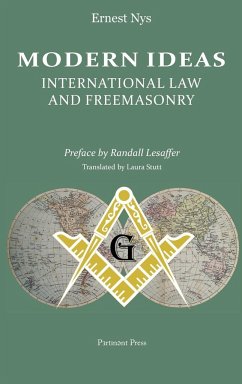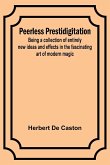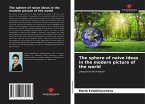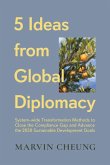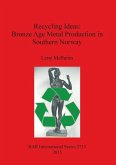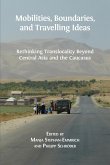Modern Ideas: International Law and Freemasonry is an exploration of the impact that Freemasonry, one of the most well-known secret societies history has ever known, has had on the development of international law, society, and politics, and human rights. The author, Belgian scholar Ernest Nys, was a lawyer and distinguished professor of Public International Law at the University of Brussels, a staunch advocate of internationalism, and a Freemason himself. In Modern Ideas, Nys relates the legends and facts of Freemasonry's origins and eventual spread over multiple continents, noting the many eminent figures that joined its ranks along the way and that Masons featured prominently, and were even leaders, in some of history's most significant moments, such as the French Revolution, or that several of the founding fathers of the United States were Freemasons. Nys also discusses the swathes of opposition and outright persecution Freemasonry has faced from individuals, political leaders, monarchs, and religious institutions, but underlines the society's resilience. Its motto: liberty, equality, fraternity, forms the primary theme that Nys argues throughout his work; he advocates that Freemasonry has been the long-standing defender of religious tolerance, human rights, and cosmopolitanism. Ultimately, Nys presents the argument that International Law owes much to Freemasonry, which thus changed humanity for the better.
Hinweis: Dieser Artikel kann nur an eine deutsche Lieferadresse ausgeliefert werden.
Hinweis: Dieser Artikel kann nur an eine deutsche Lieferadresse ausgeliefert werden.

